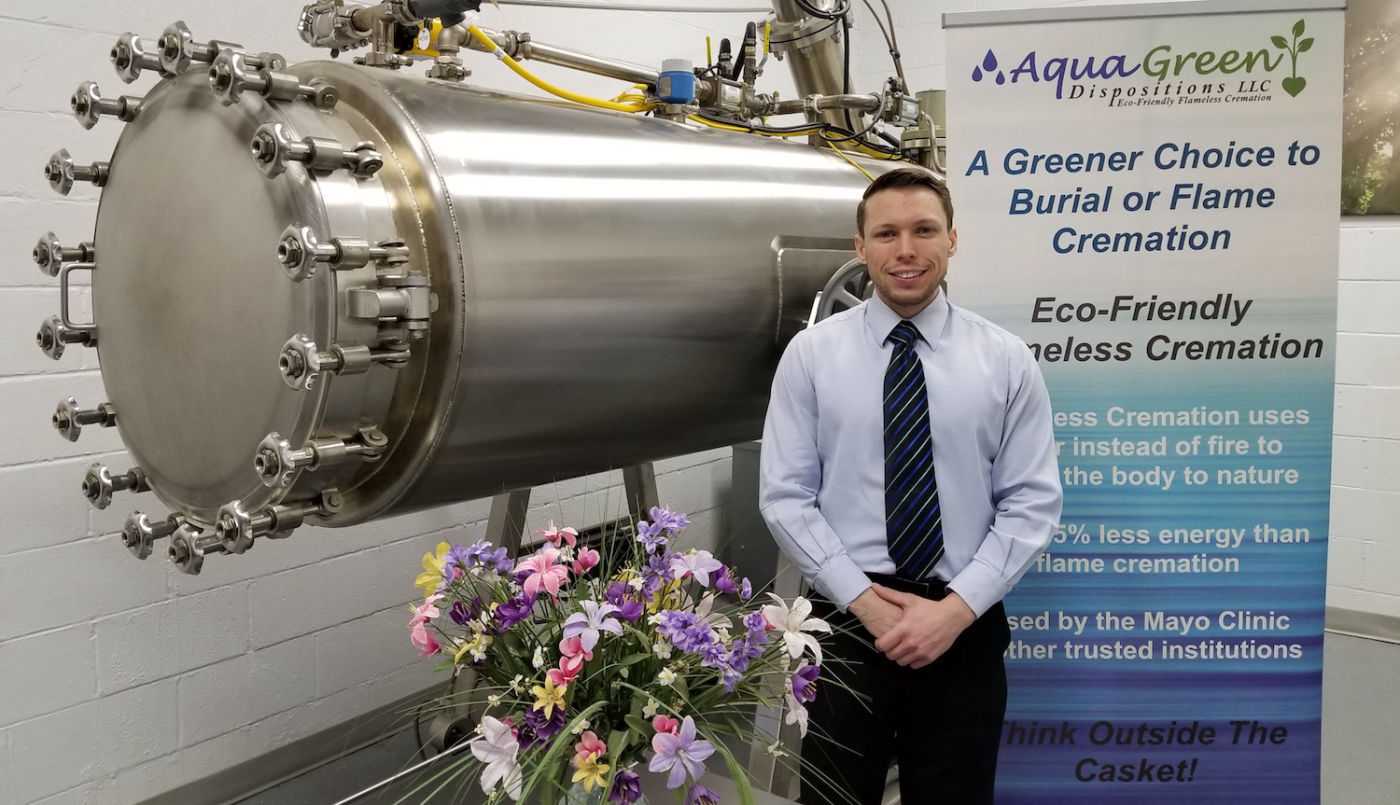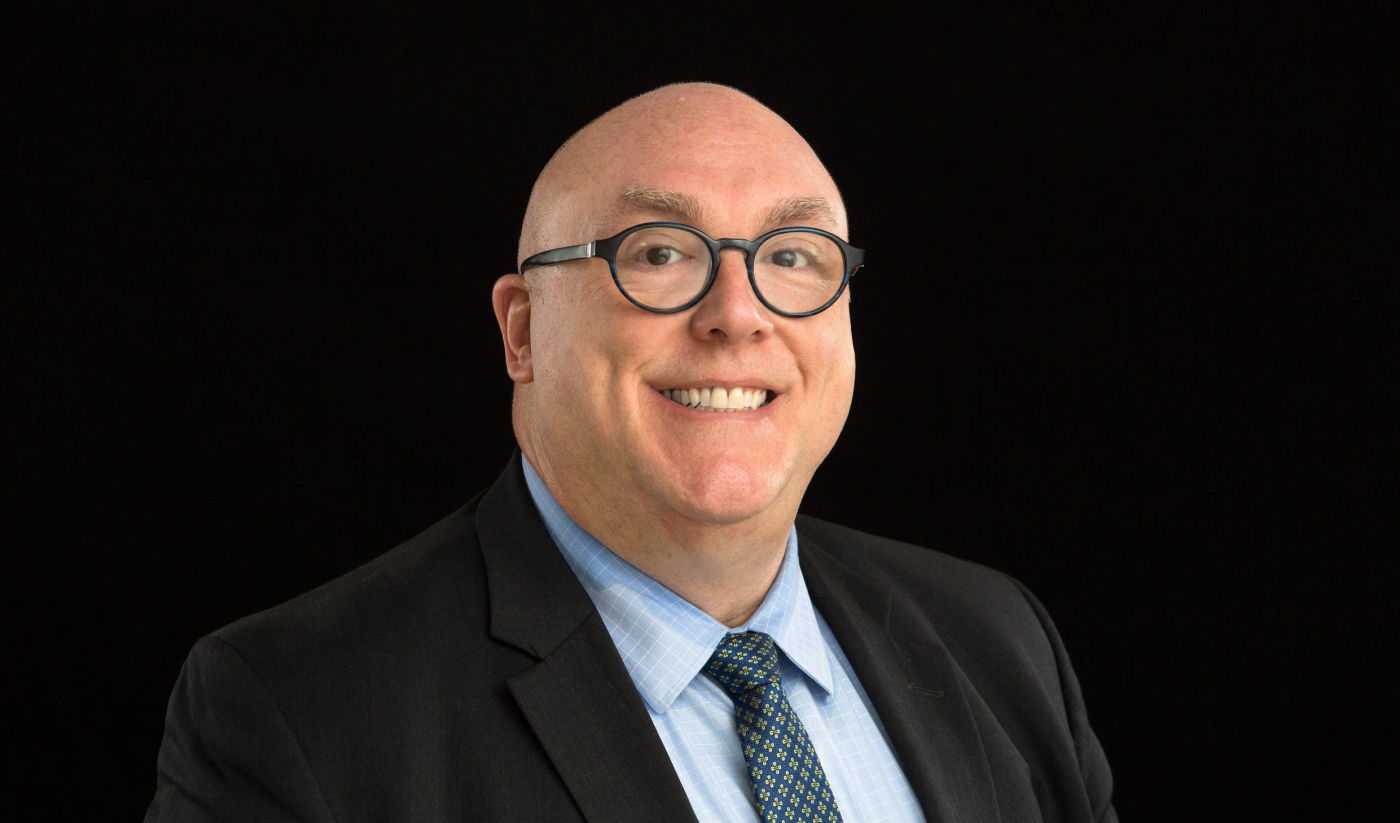Future of Cremation Services
What does the future of cremation look like? We all want to know if we will see the type of massive change in the next 30 years that we saw in the past 30 years in death care. To get a glimpse of what might be ahead, we’ve interviewed some of the closest people to the trends. Some of these responses were collected in partnership with the Cremation Association of North America (CANA) as apart of their 100th convention in Fort Lauderdale, FL. Below, 13 leading death care professionals and individuals known for pushing cutting-edge practices in the funeral space predict the future of cremation. Their responses might surprise you…
1. Ms. Tommie Kamm, Co-owner, All-States Cremation“This industry was built on the connection between funeral directors and families, but as we become a plugged-in society that places a high value on convenience, tomorrow’s generation isn’t going to find value in the traditional funeral home cremation model. This whole movement of funeral homes offering “cremation options”– it was started by casket companies as a way to increase revenue in a response to plummeting casket sales. Millennials aren’t going to buy expensive showroom urns or a slideshow when they can buy or create their own. Tomorrow’s generation will want quick and inexpensive cremation. I can already hear, “Do you have an app. for that?”

2. Ryan Cattoni, AquaGreen Dispositions“The cremation rate is going to continue to rise as people are becoming more conscious of land space, the environment and the price of burial. As more families, states and funeral homes become aware of Alkaline Hydrolysis, I foresee the rate to increase even quicker now that families have another option. Families that might not have been comfortable with cremation in the past, may consider flameless cremation as an option now. I notice that people are choosing cremation or alkaline hydrolysis because it gives them time to set up a memorial when all family members can come to the ceremony since families are becoming more widespread.”
3. Jerry Sullivan, Cremation Society of Illinois, CEO“Cree-mee-ation is a fad, it will never catch on.”4. Sarah Wood, Crematory Manager at North Sacramento Funeral Home, Sacramento, CA“Retorts will be so much more advanced – larger to accommodate the ever-growing decedents and “greener” concerning their efficiency regarding volume and natural gas required for the process. Crematory operators will held with great esteem as they will be an integral part of the industry and invaluable to daily operations of modern funeral homes.”5. Anonymous, CANA submission“There will be more family involvement including the witnessing of the deceased into the cremation chamber. Less permanent memorials gives way to partial scattering in multi-locations associated with the deceased’s life’s story. There will be more personalized memorial celebrations.”

6. Larry Stuart, Cremation Strategies & Consulting“As history has proven a few times throughout history, cremation will eventually lose popularity in western civilization. In the past, it was the advancement of Christianity that killed the propensity for cremation. It should not come as a surprise that the increase in the lack of religious affiliation is significantly driving the cremation rate up. I don’t know what will affect its popularity or ultimate demise in the coming decades or even centuries but I do know that increasingly advanced technology will play an important role in how we treat our dead, and maybe even change the way we memorialize and dispose of them. The certainty of death and its affect on us will always create a need for some type of funeral rite. “
7. Anonymous, CANA submission“I think cremation will be vaporizing remains and creating virtual memorials to the deceased since space will be limited for burial.”8. Anonymous, CANA submission“Year of 2118… Funeral Homes will be a thing of the past. In 2118 there will be cremation centers (CC’s) across the U.S. and each cremator will be a gathering place where families will witness and view the cremation. Each CC will have columbiums + niches for all. Taking remains home will not be popular or encouraged. In fact, it will be a law in most states not to keep remains at home. Cremations will be mostly water/chemical and no longer flame based – Gas will be too valuable to use!”9. Tim Fonkert, Funeral Director“Cremation will be 90% of disposition. Bio-Degradable urns and scattering of ashes will be the norm. Space burials will have increased to 60%.”10. Albert Chang, PartingPro co-founder“As the population becomes more technically savvy and with an internet of information available at their fingertips, consumers will be doing a lot more research before contacting cremation providers. This means consumers will have less brand loyalty and their decision will be value based. For example, instead of focusing on the physical location or facilities of a funeral home, consumers will care more about how well that funeral home’s website can communicate the information necessary for them to make a decision. The first impression will always be online, which means successful cremation providers will have a strong internet presence and a lot of social proof. We’ll also see the number of online purchases grow exponentially, as with every other industry. This means that consumers will put a huge value on technology that makes this process, or their lives, easier.” 11. Clark McMullen, Artistic Urns“We will have expanded opportunities to memorialize, remember, and honor. Within the story of a person’s life lies the honoring of the person.”12. Father Rene Angel, Resurrection Catholic Church[In 100 years, cremation will look like…] A way to preserve the memorialization of people. Waiting for the resurrection of the dead.”13. Justin Baxley, Homesteaders Life Company, Director of Strategic Markets“Leading edge baby boomers are pre-arranging, and as they do, we will begin to see what the future of our profession looks like. Cremation is now the preferred solution for the practical problem death creates. The question is whether funeral professionals, pre-need and at-need, will remain relevant to the needs and preferences which shape how boomers are willing to remember and celebrate a life.”Source: www.connectingdirectors.com


